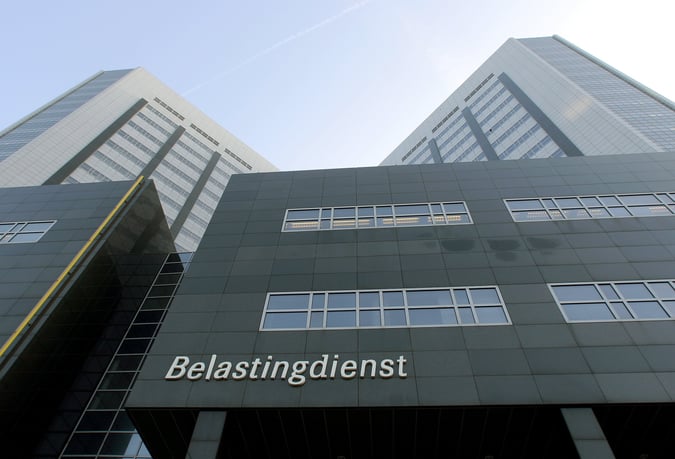As active citizens with everchanging financial status ranging from savings, investments, and loans, to sabbaticals and freelancing, Dutch customers are accustomed to completing and documenting the majority of their transactions digitally, including their obligations towards Belastingdienst, the Dutch tax authority. Considering the citizens' high expectations for quality services, Belastingdienst decided to enhance its online experience by offering new or improved features on a monthly basis.
Completing the annual tax declarations is a source of many questions for citizens. The process generates additional workload, higher operating costs, and distractions from Belastingdienst’s core business. What Belastingdienst needed to boost its performance and complete operational tasks successfully were:
- • Updated ICT infrastructure with smartly interlinked systems
- • Data intelligence that leverages existing, internally available data
- • A modern communication framework with more online touchpoints for the citizens for faster service.

With months of delay before releasing new features for citizens and companies, Belastingdienst needed to accelerate internal processes to provide better service faster. At the beginning of 2016, the Dutch tax authority set the ambitious goal of reducing its software release cycle time to four weeks by 2018. However, software testing was an impediment to their goal.
Given its complex and heterogeneous IT landscape, Belastingdienst worked on several tracks simultaneously: continuous delivery, automated delivery of IT environments, and closer collaboration between business and ICT. Their retrospective testing method included long lead times, resulting in late feedback and many unpleasant surprises. Testing was often the bottleneck for monthly releases. Xebia introduced new automated software testing standards and a quality mindset to resolve this bottleneck.
GTO - Automated Software Testing Support
Xebia set up the GTO team (Automated Testing Support) to assist in current projects by improving the testing methods and sharing knowledge and best practices. The GTO team focuses on three areas: agile testing, testing strategy, and technical foundation.
Agile testing
Testing is integrated in the software development process from the very beginning. Agile testing allows for feedback at a very early stage, before the actual software building process starts, i.e. during the phase of specifying and fine-tuning the requirements. Specification based on concrete examples allows testers to verify on time the correct implementation of functionality during the software development process. Xebia trained the practitioners of Belastingdienst and introduced agile testing best practices to ensure that testing had become an integral part of the software development process.
Testing strategy
How do we perform testing? Which perspective do we apply (risk-based or not)? Do we have sufficient attention for the required speed, the collaboration between the parties involved, and are we sufficiently focused on the result? The GTO team was called to help Belastingdienst answer these questions concretely.
Technical foundation
This relates to setting up and structuring the test automation code, with use of the proper test-driven development mindset and software test automation tools. Proper and unified source code control is critical; the whole team should own it, which also means that every team member can submit change proposals. The GTO team supports the agile teams at both team and project level. Belastingdienst grouped its projects into domains, such as tax returns, collection, and customs. For each domain, key players or champions were identified, acting as front-runners who share knowledge, identify best practices, and review how such practices can be deployed broader, both in and beyond each domain. The GTO team has a single primary point of contact for each domain.
The GTO team manifests itself as a traveling circus. It offers tailored support to all agile teams. Each project is different, and therefore the support required is different in focus and nature.
In consultation with project and line management, the GTO team determines the right priorities. In some projects, the team dots the I’s and crosses the T’s in a relatively short period; other projects may require more intensive assistance.
The GTO support manifests itself in many forms: workshops, courses, tool selections, and hands-on demonstrations. GTO's goal is to enable the project teams to structure the testing process and apply test automation correctly and independently.
Testers are part of a discipline-oriented pool and are assigned to various types of projects, which means that they acquire domain along with testing knowledge. Xebia assisted testers in becoming more competent, by taking relevant advances in their specialism and their personal ambitions into consideration. Moreover, Xebia delivered several trainings and agile testing trainings to the Belastingdienst teams.